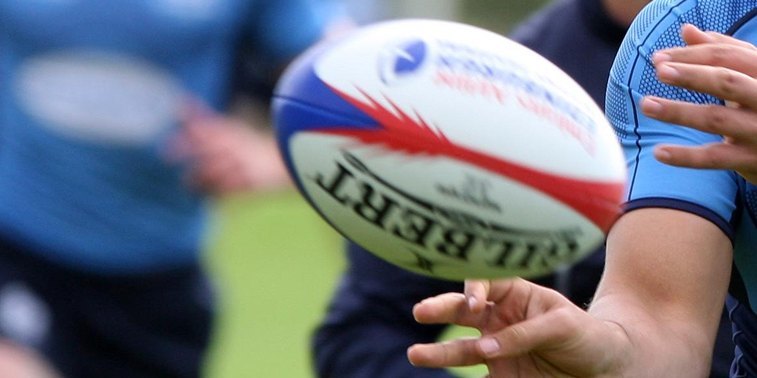The pessimistic nature of everything in Scottish rugby makes it difficult to gauge where the two professional teams are as the slog through a difficult 2010-11 season reaches the end.
Is this season during which the teams have toiled at the foot of the Magners League, clearly under-resourced compared to their rivals a true reflection of their development, or is it an unfortunate interlude, and is the last couple of years, when Glasgow reached the play-offs and Edinburgh should have, actually the true picture?
Are this weekend’s performances, when Glasgow should have beaten Ulster but for a couple of poor decisions and Edinburgh beat Magners champions Ospreys with more to spare than the 23-16 scoreline suggested, the more accurate barometer, or is it that between them the sides have only three wins in 2011, and one of them was when Edinburgh beat Glasgow in January?
Edinburgh cracked a series of seven straight defeats by beating the Ospreys on Saturday night, ensuring they did not record the poorest run in their history.
The struggles this season and the poor crowds have sparked the old arguments about returning to four districts, or eight franchised regional clubs, and even abandoning the domestic professional game altogether. There was no such talk when Glasgow were winning games and Edinburgh failing to get into the play-offs due to a last-minute try just over a year ago.
Yes, both teams would surely benefit by more money, if it were available. The teams would probably benefit also by expensive imports such as Springbok Ruan Pienaar, Ulster’s saviour against Glasgow on Friday, and All Black Jerry Collins.
It’s these imports that sustain the successes of other teams in the international windows, often a desperate time for the Scottish teams as, shorn of their internationalists, they plug the gaps with youngsters, fringe players and their own, cheaper imports.
Usually, Scottish teams are competitive outside the November and February/March windows when the internationalists are away.
This season a series of injuries to key men for Glasgow Chris Cusiter, Johnnie Beattie, Graeme Morrison and Al Kellock and with Edinburgh losing their way under Rob Moffat has deepened the malaise.
Big money imports would help this, but Scotland has only two teams compared to the four in Wales and Ireland and, whatever one thinks of the machinations that led to that imbalance, it’s not changing any time soon.Imports v talentDo we really want imports clogging up limited space in key positions that could be filled by developing Scottish-qualified players?
The performances in Edinburgh of man of the match David Denton, of inside centre James King and the development this year of Fraser McKenzie all of whom played far more Scottish club rugby than pro in the last 18 months suggests we don’t.
To my mind, if extra millions were available to Edinburgh I’d rather they spent them on developing a smaller, more atmospheric and more suitable stadium than on ex-All Blacks, Wallabies or Springboks. Certainly some real difference could be made in maintaining resources in real terms.
At the least that would have allowed Glasgow to hold on to Richie Vernon or Edinburgh to Scott MacLeod, who is apparently off to Japan as he seeks to maximise his earning potential in the latter stages of his career.
In any case, Edinburgh seem to have found their feet again, and interim head coach Nick Scrivener’s decision to abandon the lightweight style favoured by his predecessor has to be the key.
The back row of Denton, McKenzie and Scott Newlands proved the winning of Saturday’s game, as well as Tim Visser’s priceless skinning of Tommy Bowe for the key try and the display at half-back of Greig Laidlaw.
Laidlaw was a reluctant convert to 10 justifiably as he sees himself as the most consistent scrum-half for Edinburgh in the last two seasons but he put that aside for the team and offered much more than David Blair. Playing behind a pack going forward helped him considerably.
The one issue remains the scrummage, where Edinburgh got a beasting from the Ospreys.
After a battle in that area throughout the Six Nations, it should be noted that even equity in that set-piece would have seen both pro sides winning their weekend games with some comfort.
That’s an area that can surely be sorted without recourse to spending money that SRU chief executive Gordon McKie is adamant is not there anyway, and unless he can be proved wrong, it’s the quickest way to turning the pro teams around.
